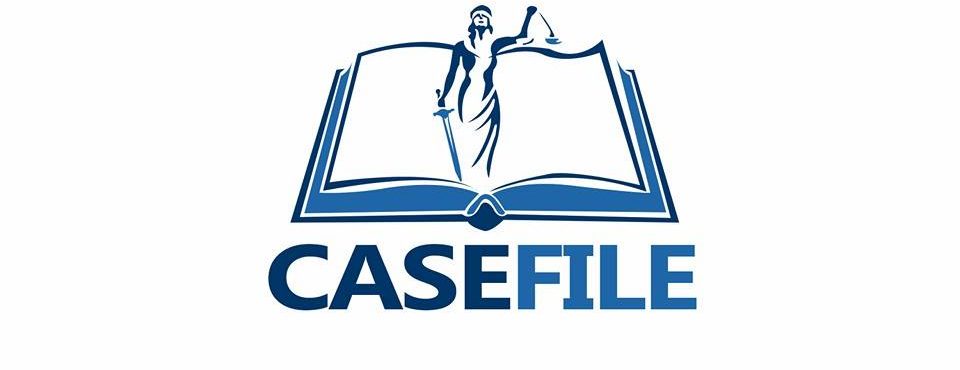Funke Busari, Lagos
The Creative Director, Inky Repertoire/Onkowe Outreach, Damilola Olaniyi is not resting on her oars in her bid to inspire children through the creative skills concept, Onkowe Outreach, translated ‘The Writer’.
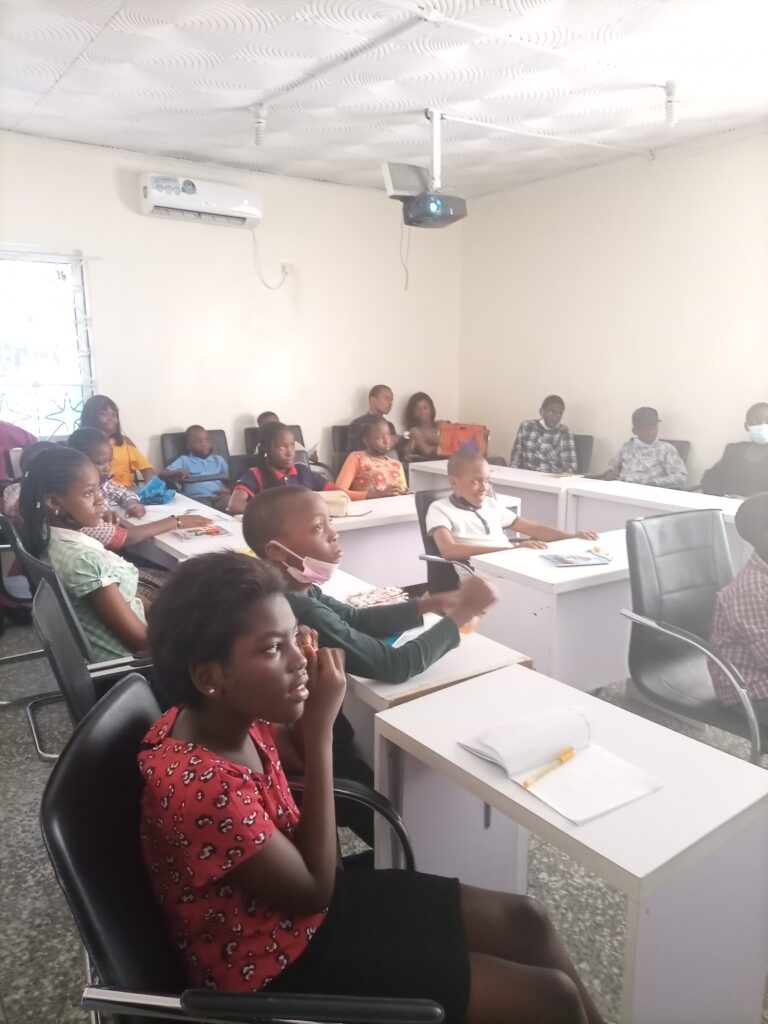
Since the maiden event of Onkowe Social Media Short Story, its sequels, ‘Talk The Word’ poetry contest in 2015 and other workshops, the Author of the novel titled ‘Set Sail’, at a one-day writing workshop recently channelled energy towards improving the writing capacity of 15 children.
The creative writing workshop was targeted at developing skills of young ones between ages 11 and 13, to write better stories with the African touch.
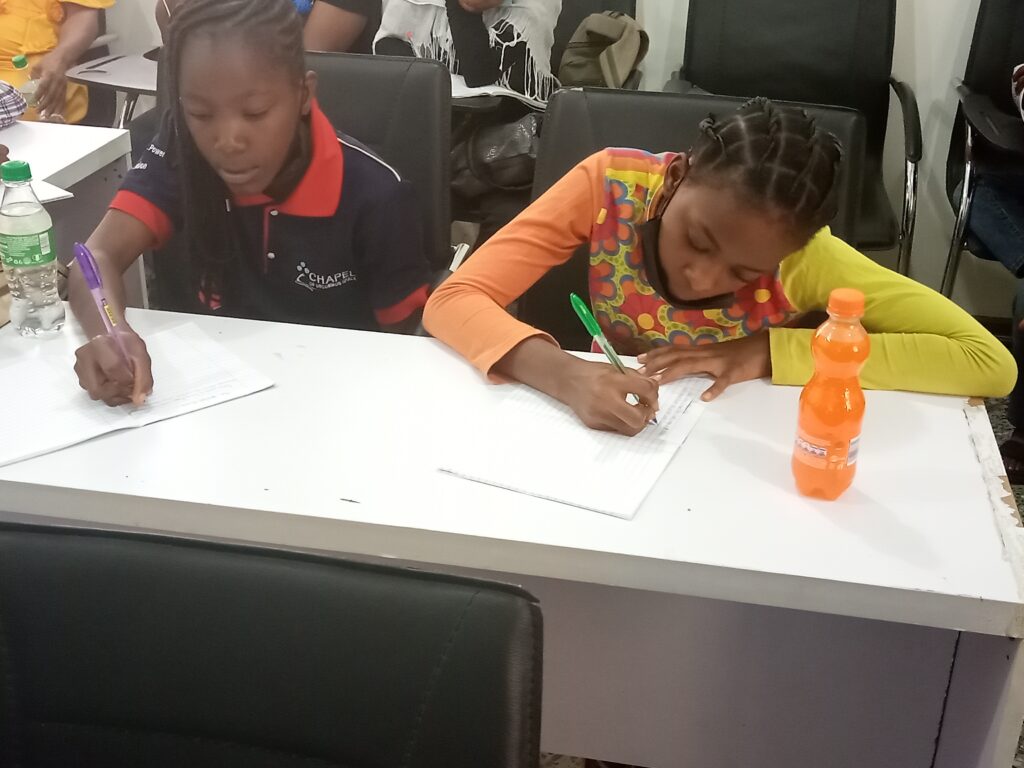
The event was held at the conference hall of Ignite Africa Leadership Foundation, a foundation housing library for pre-teens, children in their teens, with a separated reading lounge for adults, resource centre and workstation in Lagos.
Through the Onkowe Outreach, an hands-on practical training was held out to 15 participants, helping them to sharpen their skills in telling better stories through writing.
She reasoned regarding her project, “We need to teach them to learn how to write. We decided to teach them to write short stories, poetry and write plays as the need be.”
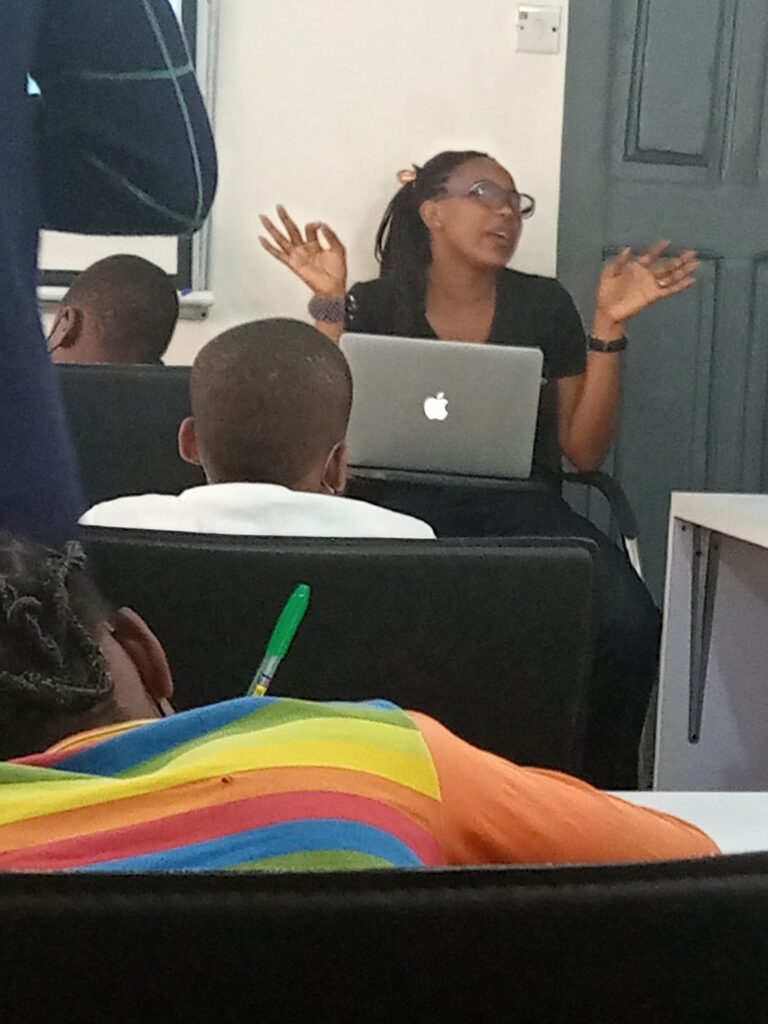
She explained that depending on what the kids love to write, her outreach will coach the children and help them as much as possible.
She said the Saturday’s event was developed to include fun-filled activities to hold the participants’ attention.
She expressed that scarce resources including rising costs in the economy are great concerns she has had to deal with in trying to run activities for young ones.
She is however optimistic that with support from well meaning people, a one-week writing booth camp for children could become a reality as she has been nursing the idea since 2019, though she said it would be cost intensive because of the need to factor in location demands and security of the children.
Expressing satisfaction at the outcome of the writing workshop, the writer said she is hopeful of holding the Onkowe capacity trainings yearly, perhaps in the form of a writing booth camp, workshop, or contest.
She expressed gratitude for past and present support from a few NGO’s that have been there for her; the Ayeci Africa, Ignite Africa, My Kolo, etc.
Of particular concern to the director is that Nigeria needs to do more in supporting literary works.
According to her, children books authors have been excluded from mainstream conversations.
“So many events had come up within the past few years and they run annually but in the aspect of children’s writing, people are unlikely focused there.
“If libraries like Ignite Africa are existing around Lagos, and people can be having libraries in their houses for reading and learning, as opposed to televisions and gadgets, I think children will have less attention deficits.
“Families will have to do more when it comes to building the interest of their children.
She argued, “When the populace is educated, beyond reading stories that are not culturally relevant, like the Enid Blyton’s, I grew up reading, they had white children in them. That’s the point of teaching these children how to write. They want to see themselves in the stories.
“We want to build them, put black characters with Kinky hair into books, so that we can see more of that and children can see themselves in stories and pick out the lessons from it.
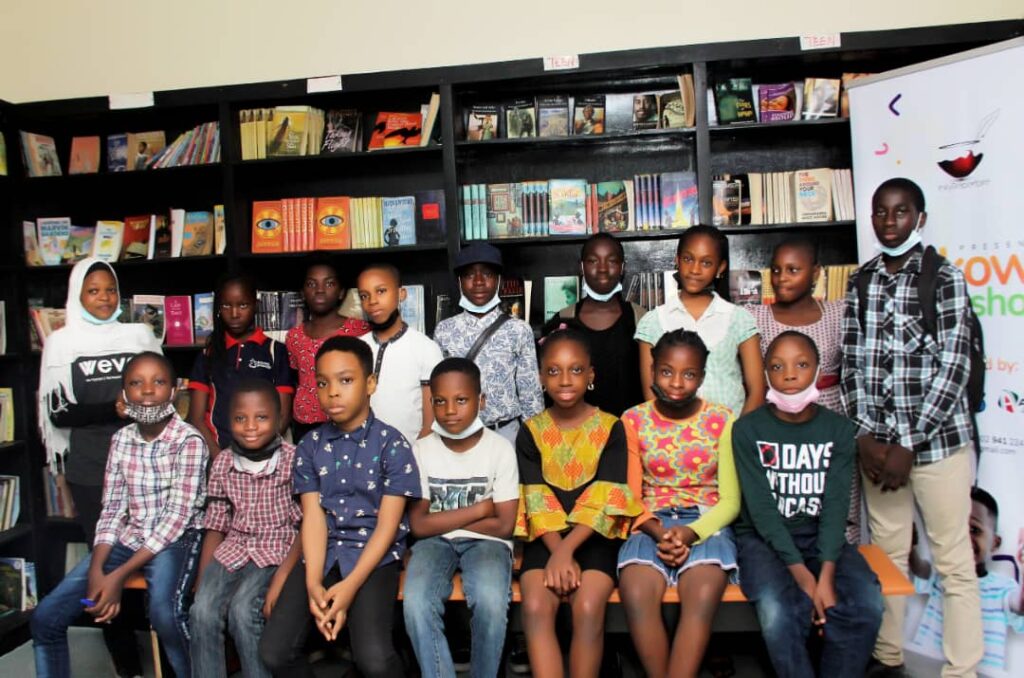
“But when you are reading foreign books like…., it’s hard to actually picture yourself as that, so I think there is lots more that can be done.
“Looking ahead, Damilola said, “I hope that Onkowe would be a household name when it comes to genre, the form of childrens’ literature.
“When it comes to writing workshops, I see Onkowe being at the forefront of the activities especially in Lagos. We want the term, writing for children to be synonymous with the name Onkowe and we are doing everything we can to make that happen.”
Olorunfemi Temitope, a freelance writer, also aligned with her that the intent of bringing the children together for training is to teach them how to write their own stories.
He expressed that the participants have the desire to write and they need to be guided on the process of writing good stories.
He added that the workshop provided them with the basics needed to write good stories.
He said the workshop would help them to write African stories and help them relate better to the stories.
“Most of the stories they are used to are based on foreign stories.
“Writing African stories will make them relate better to the characters, to the settings and make them understand stories better.”
He countered the query that the idea could spring up in the young ones discriminatory tendencies, he emphasised otherwise.
“It’s not trying to bring up any racism, it’s just to help them have an identity and to relate with the identity.
Adekunle Smith, a lawyer also guided the young participants in writing, as he explained ingredients necessary for writing short stories.
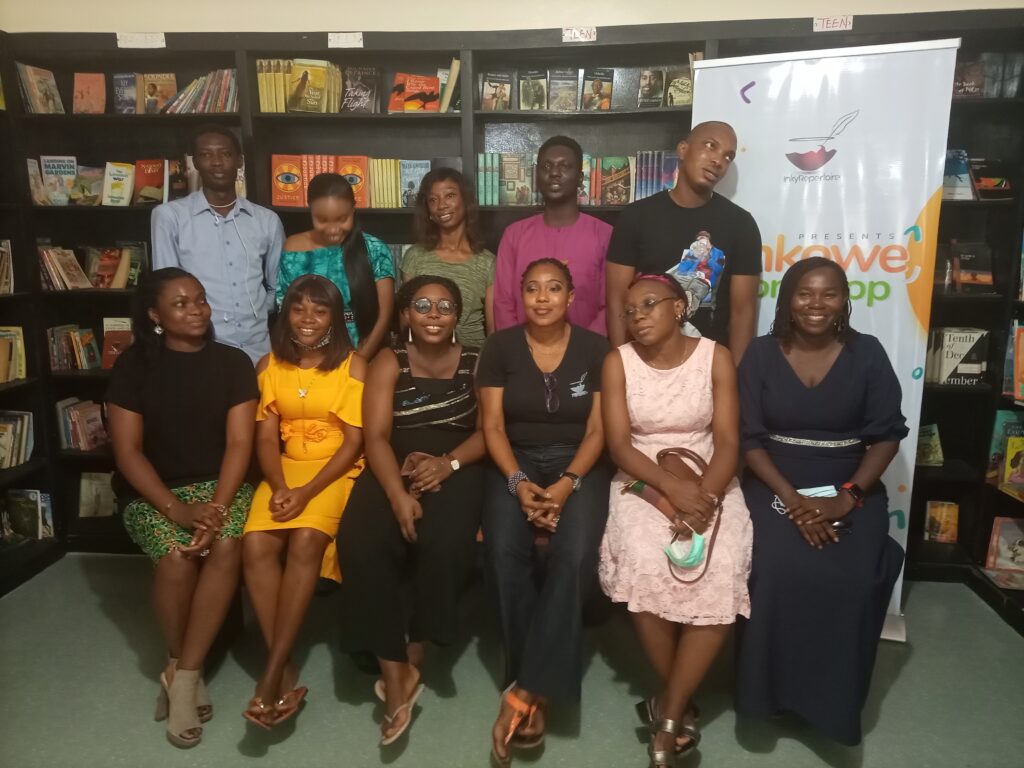
He said description, dialogue, character thoughts and character reaction are needed in writing stories characters.
Among nine girls and six boys who benefited, some shared their perspectives.
Adah Princess, 11, in Junior Secondary School 2, related, “I have learnt a lot because I now know the steps to take when I’m writing my stories. I learnt in particular the characters in a story. For example, you need to introduce them and give more information about them,” she said.
Michael Awah, 9, a JSS 1 pupil informed that though his father is a script writer, he however acknowledged that the workshop is good for him and would want to come for more.
“I love writing stories, this will take my writing to the next level because I learnt more about setting and plot.”
He added, “more than when I was in primary school.”
Teniayomi Adewolu, 8, of Basic 3, said he enjoyed the training because he learnt to write well.
He said he would like to share with his friends what he learned about plot and setting.
He concluded, “Setting is where that thing takes place.”
